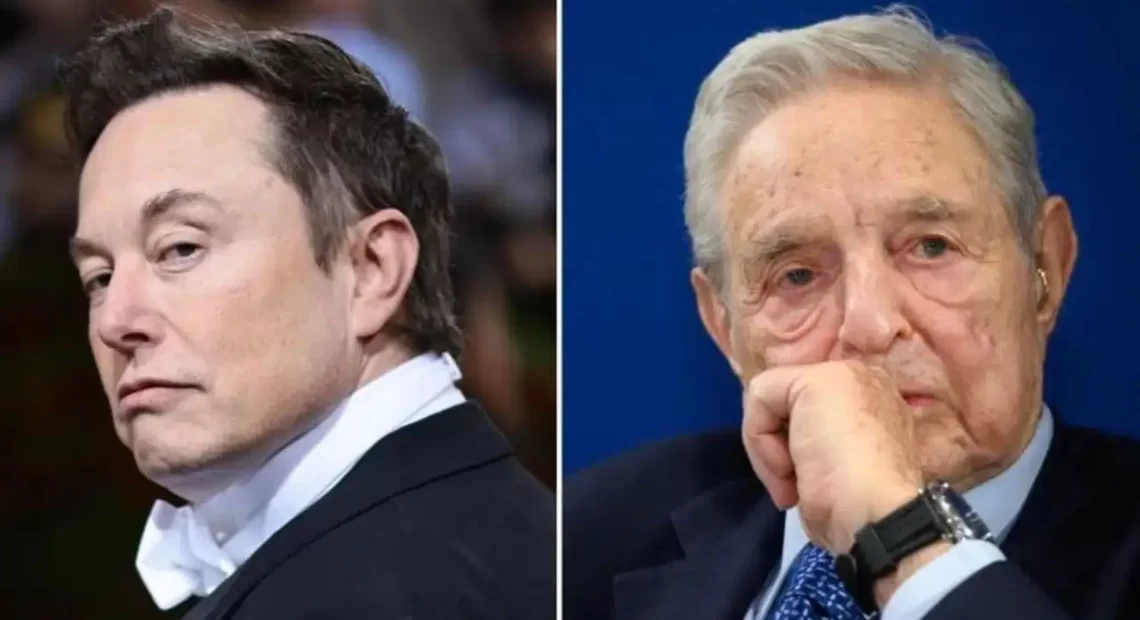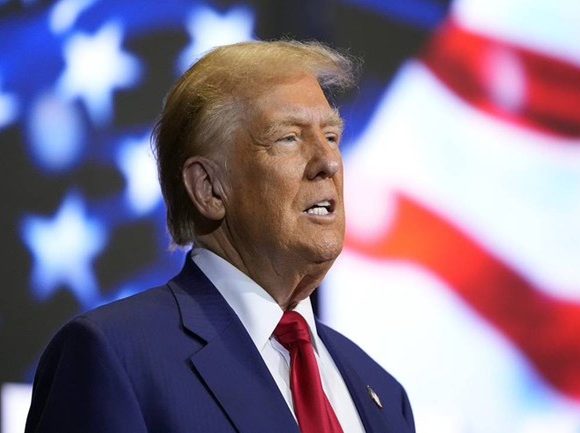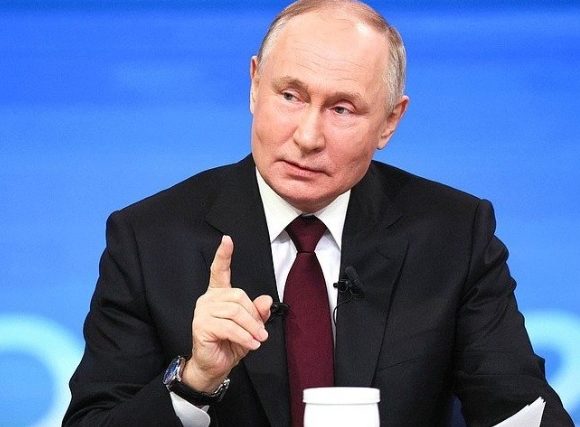
Elon Musk Criticizes George Soros Over Alleged Anti-Israel Actions
Elon Musk, CEO of Tesla and owner of X (formerly Twitter), has intensified his criticism of billionaire philanthropist George Soros, accusing him of actions detrimental to Israel. Musk’s remarks follow reports alleging that Soros has funded non-governmental organizations (NGOs) with links to Hamas, a designated terrorist organization by several countries, including the United States and Israel.
Allegations of Funding Pro-Hamas NGOs
Musk’s comments were in response to statements from Israeli Ambassador to the United Nations, Gilad Erdan, who criticized Soros for allegedly contributing $15 million to NGOs that support Hamas. These allegations suggest that Soros’s financial support may indirectly aid groups opposing Israel’s interests.
Musk’s Previous Criticisms of Soros
This incident is part of a series of public criticisms by Musk against Soros. Previously, Musk compared Soros to fictional villains, implying that Soros’s philanthropic activities conceal ulterior motives. In one instance, Musk likened Soros to Magneto, a character from the X-Men series, suggesting a parallel between the fictional antagonist’s actions and Soros’s real-world influence.
Soros’s Recent Recognition
Despite the controversies, President Joe Biden recently awarded George Soros the Presidential Medal of Freedom, the highest civilian honor in the United States. This decision has sparked debate, with critics like Musk labeling it a “travesty,” while supporters argue that Soros’s contributions to various social causes merit recognition.
Broader Implications
The ongoing public dispute between Musk and Soros highlights the complex interplay between influential figures in technology and philanthropy. It underscores the scrutiny faced by philanthropists regarding the allocation of their funds and the potential geopolitical implications of their charitable activities.
As the situation develops, it raises questions about the responsibilities of public figures in addressing global issues and the impact of their statements on international relations.

















